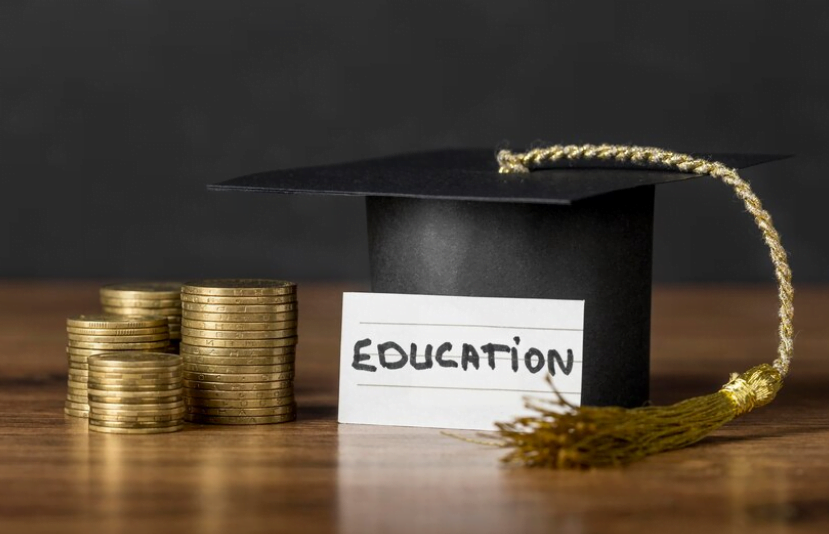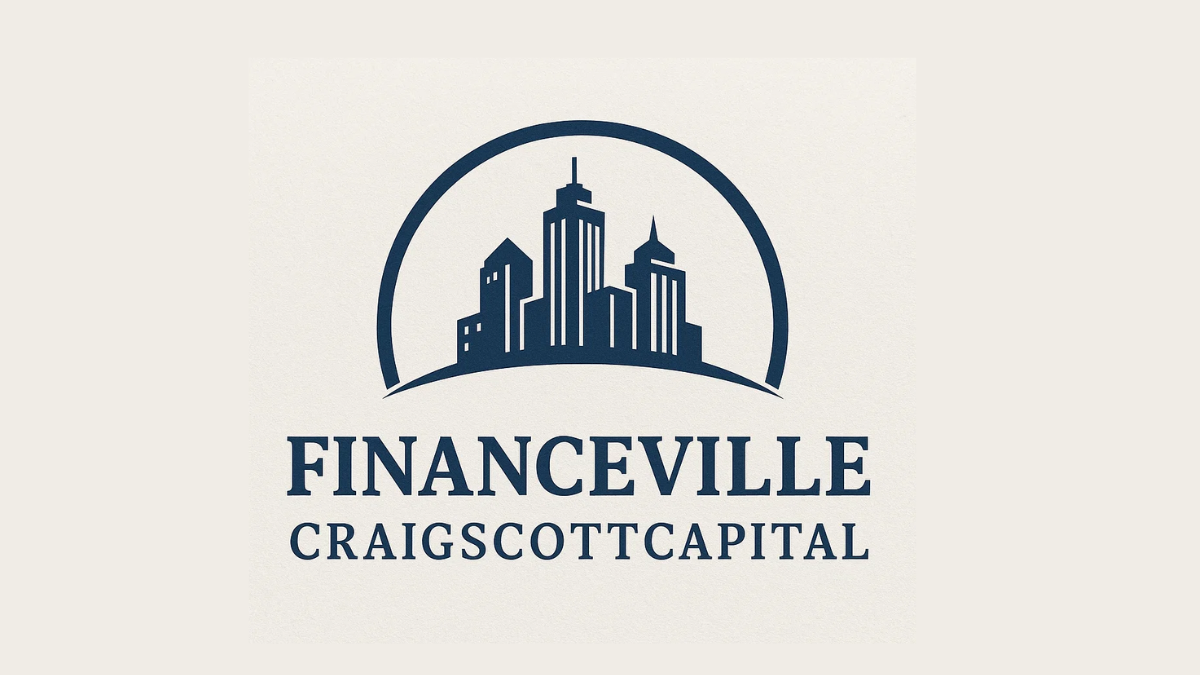In the realm of higher education, financing remains a significant challenge for many prospective students. Student loans have emerged as a critical tool in bridging the gap between the cost of education and students’ financial capabilities. This article explores what student loans accomplish, their role in enabling access to education, and their broader impact on individuals and society.
Enabling Access to Higher Education
One of the primary accomplishments of student loans is providing access to higher education for a broader range of students. College tuition and associated costs have been steadily rising, making it difficult for many families to afford higher education without financial assistance. Student loans help cover these expenses, ensuring that students from diverse economic backgrounds can pursue their academic goals.
Financial Support: Student loans offer the necessary financial support to cover tuition fees, books, supplies, and living expenses. This support is crucial for students who might not have the means to pay for college upfront. By alleviating the immediate financial burden, student loans make it possible for more students to enroll in higher education institutions.
Opportunity for All: Student loans democratize education by providing opportunities to those who might otherwise be excluded due to financial constraints. This inclusivity ensures that talent and ambition, rather than financial background, determine access to higher education. As a result, society benefits from a more educated and skilled workforce.
Facilitating Career Advancement
Student loans play a pivotal role in career advancement by enabling individuals to obtain the qualifications necessary for high-demand and well-paying jobs. Many professions require specific degrees or certifications, and student loans make it possible for individuals to meet these requirements.
Professional Qualifications: For careers in fields such as healthcare, law, engineering, and education, obtaining a degree is often a prerequisite. Student loans provide the financial means for individuals to acquire these essential qualifications, thereby opening doors to professional opportunities that require advanced education.
Higher Earning Potential: There is a strong correlation between higher education and increased earning potential. On average, individuals with a college degree earn significantly more over their lifetimes compared to those without. By facilitating access to higher education, student loans contribute to the financial well-being and economic stability of graduates.
Promoting Economic Growth
The impact of student loans extends beyond individual benefits, contributing to broader economic growth and societal advancement. By enabling more people to attain higher education, student loans help create a more skilled and productive workforce, driving innovation and economic development.
Workforce Development: A well-educated workforce is essential for economic competitiveness. Student loans support the development of skills and knowledge that are critical for various industries, from technology to healthcare. This skilled labor force enhances productivity and innovation, which are key drivers of economic growth.
Entrepreneurship and Innovation: Higher education often fosters entrepreneurial skills and innovative thinking. Graduates with access to student loans can pursue entrepreneurial ventures and contribute to the creation of new businesses and technologies. This entrepreneurial activity generates jobs and stimulates economic activity.
Enhancing Personal Development
Beyond financial and career benefits, student loans contribute to personal development and growth. Higher education provides more than just academic knowledge; it also helps individuals develop critical life skills and broaden their perspectives.
Critical Thinking and Problem-Solving: Higher education encourages critical thinking, analytical skills, and problem-solving abilities. These skills are valuable not only in professional settings but also in everyday life. They enable individuals to navigate complex situations, make informed decisions, and contribute meaningfully to their communities.
Social and Cultural Awareness: College education often exposes students to diverse cultures, ideas, and perspectives. This exposure fosters a greater understanding and appreciation of global issues and cultural differences. Such awareness is essential in an increasingly interconnected world.
Lifelong Learning: Student loans enable individuals to pursue higher education and cultivate a mindset of lifelong learning. This commitment to continuous improvement and adaptation is vital in a rapidly changing job market and society. Graduates who embrace lifelong learning are better equipped to stay relevant and succeed in their careers.
Addressing the Challenges of Student Loans
While student loans accomplish many positive outcomes, they also present challenges that need to be addressed. Managing debt responsibly and understanding the implications of borrowing is crucial for maximizing the benefits of student loans.
Debt Management: One of the primary challenges associated with student loans is the repayment burden. Graduates must manage their debt effectively to avoid financial strain. Understanding the terms of the loan, including interest rates and repayment schedules, is essential for responsible borrowing.
Financial Literacy: Promoting financial literacy among students is critical. Educating borrowers about budgeting, managing debt, and exploring repayment options can help them make informed decisions. Financial literacy programs can empower students to use student loans wisely and achieve their educational and career goals without excessive debt.
Policy and Support: Policymakers and educational institutions play a vital role in addressing the challenges of student loans. Initiatives such as income-driven repayment plans, loan forgiveness programs, and affordable tuition policies can alleviate the financial burden on graduates and ensure that higher education remains accessible and attainable.
Conclusion
Student loans are a powerful instrument that accomplishes far-reaching goals, from enabling access to higher education and facilitating career advancement to promoting economic growth and enhancing personal development. By providing the financial support needed to pursue higher education, student loans help individuals achieve their academic and professional aspirations, contributing to a more skilled and knowledgeable workforce.
However, it is essential to address the challenges associated with student loans, including debt management and financial literacy. By fostering responsible borrowing practices and implementing supportive policies, we can maximize the positive impact of student loans and ensure that higher education remains a pathway to success for all.











2 Comments